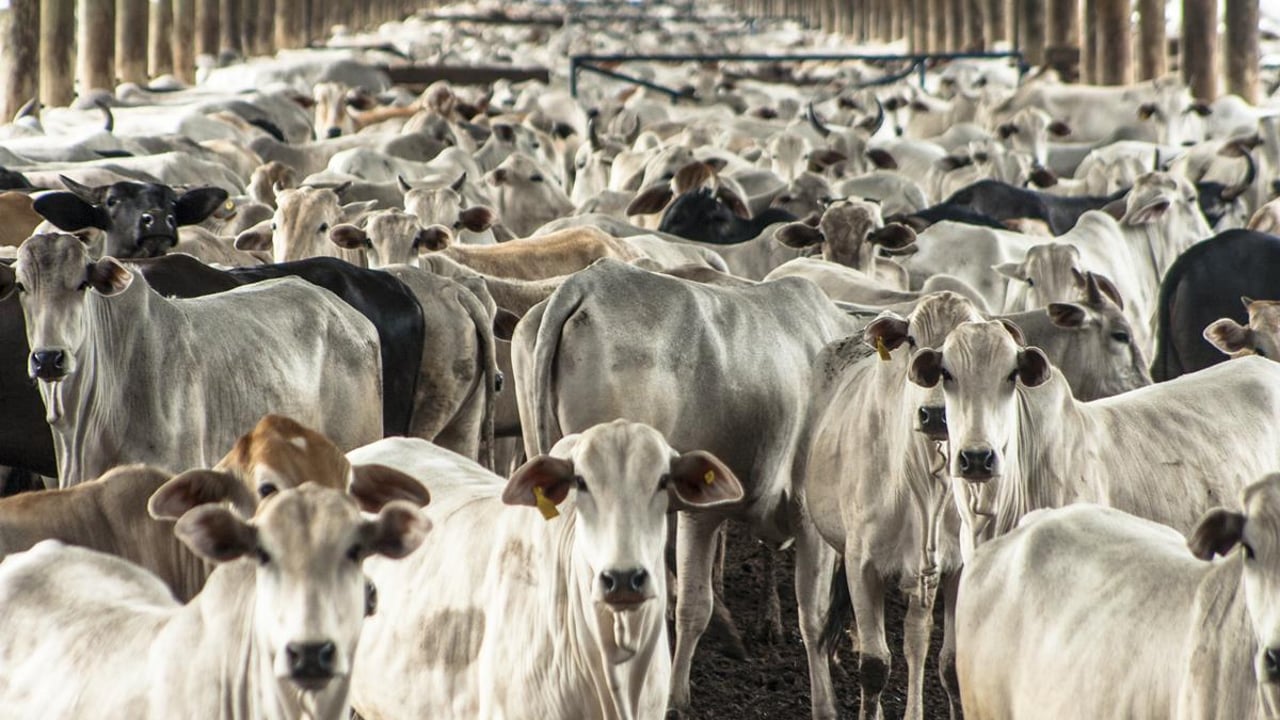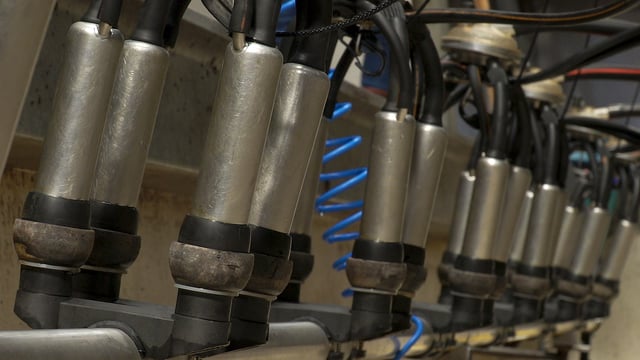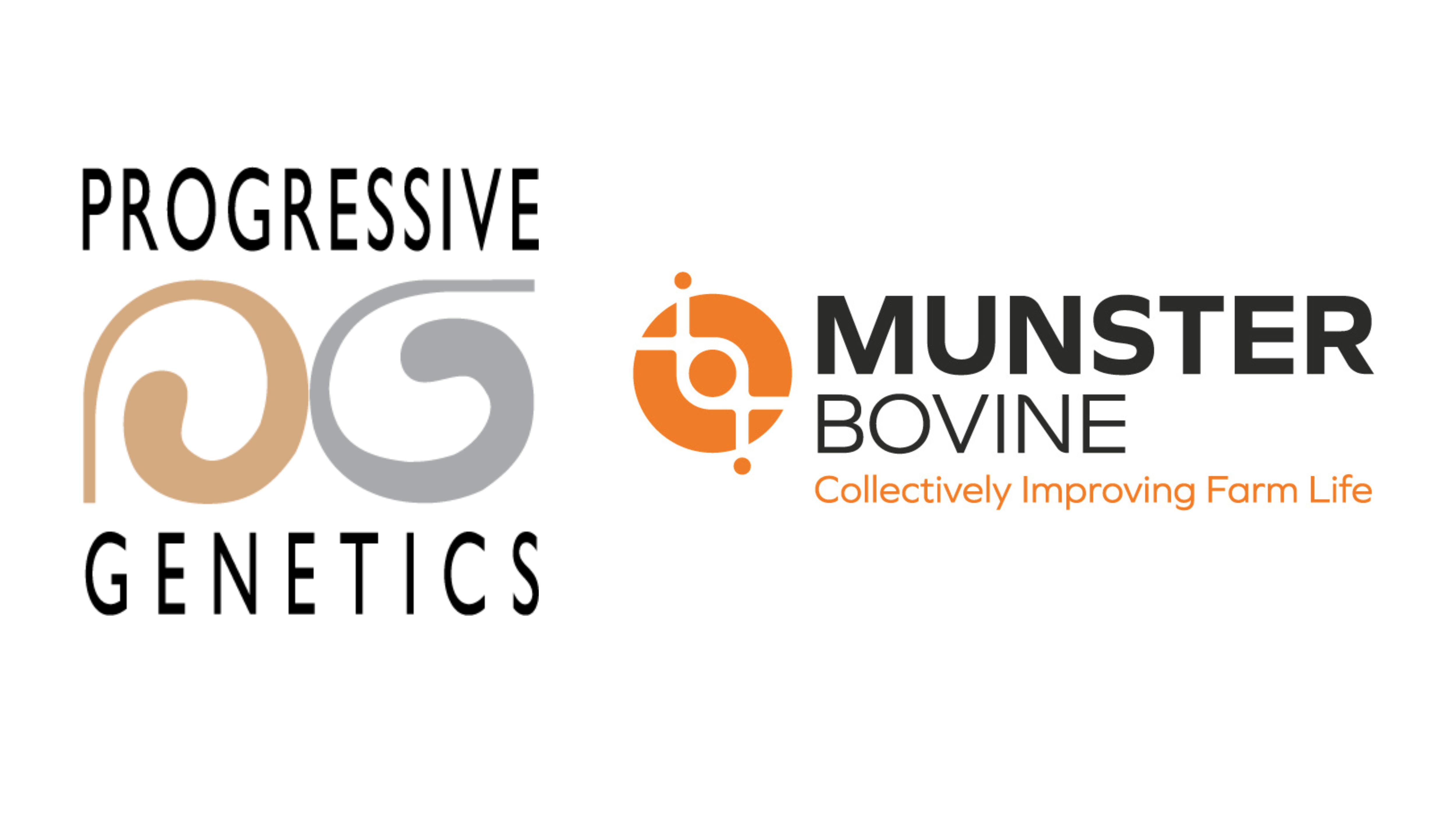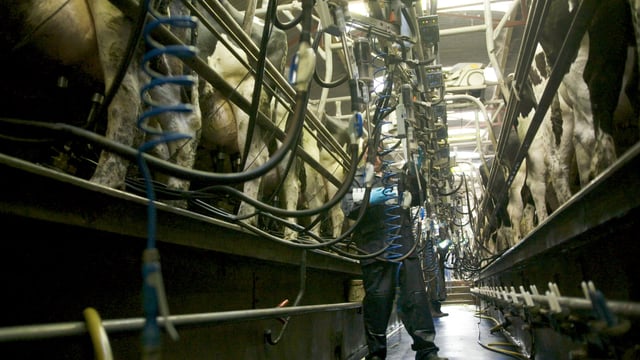Heydon: Mercosur deal 'adjudged' to cost beef sector €50 million
Minister for Agriculture, Food and the Marine Martin Heydon has said that the EU-Mercosur Trade Agreement has been economically "adjudged" to cost the beef sector here €50 million.
This figure differs from analysis that has been carried out by Meat Industry Ireland (MII), which said that the Mercosur deal will see the Irish beef sector hit for between €100 million and €130 million.
Speaking in a media interview today (Thursday, March 27), the minister said that the figure is one the beef sector here "could manage".
However, he said that the inconsistency on environmental regulation between the EU and the Mercosur trading bloc is a "bigger issue" than the economic impact on Ireland's beef sector.
The minister said that the EU-Mercosur Trade Agreement has been "really challenging", despite trade deals being "generally very good for Ireland".
Beef from Mercosur - which includes Argentina, Brazil, Paraguay, Uruguay and, as of last summer, Bolivia - already comes into the EU but at a high tariff rate quota (TRQ).
The trade deal would allow 99,000t of beef from those countries enter the EU at a lower tariff rate of 7.5%, which would be gradually reduced to zero over six years.
"Economically it has been adjudged to possible cost our beef sector €50 million in this country, so it is a negative for us from a financial perspective.
"The UK is our big market for beef, where we sell 52% of our beef, but thereafter, over 30% of our beef goes to Europe. So having more beef in there competing with Irish produce would impact us," he said.
However, he added: "That €50 million would be a hit, and would be a negative, but in the context of a €3 billion beef industry, it wouldn't be the end of us. We could manage it."
The minister indicated that the inconsistent nature of the deal on sustainability is a greater sticking point than the economic impact alone.
He said: "The bigger issue I have about Mercosur, that the Tánaiste [Simon Harris] and others in government share, is how do you ask Irish farmers to continue to do new measures to reduce further our environmental impact, to reduce further our emissions, and all those things that we are doing in a really positive way, while continuing to produce that top quality food.
"How do you ask them to continue to do that with all the extra cost and regulation that comes with that, while then on the other hand allowing produce to come in [from Mercosur]."
The majority of the beef entering the EU under the trade agreement will be coming from Brazil, which has been criticised for apparent weaknesses in environmental protection, and particularly for deforestation of the Amazon Rainforest, with the expanding beef sector there seen as a partial cause of this.
With the 'legal scrubbing' of the deal ongoing at an EU level at present, Minister Heydon said Ireland would continue to work with other countries in the EU where opposition to the deal is greatest - such as France - to minimise the impact on the beef sector when the details are fully signed-off on.
"We are working with likeminded countries. In Brussels on Monday (March 24), I had a bilateral meeting with my French counterpart, the French minister for agriculture, where we discussed our shared concerns," he said.
"The Italian are in that space, but maybe not quite as forthright as the French, so [we are] still seeing where they’re at. Poland and Austria are others that would have expressed significant concerns."
The minister acknowledged that there elements of the deal that are "good for the country".
"Even the dairy sector would benefit rather than have a negative, but not to the same extent [as the negative impact on the beef sector]," he said.
Minister Heydon added: "There is that [legal scrubbing] process to be gone through now. That's an ongoing process and the government is true to its work in terms of its ongoing negotiations and I know Tánaiste Simon Harris continues to raise this as well, and he'll be taking the lead on these trade negotiations in the months ahead."





